Elizabeth Keyton’s journey exemplifies the power of language in strengthening connections between cultures.
A Multilingual Childhood
Elizabeth Keyton’s early years were marked by the harmonious coexistence of English and Serbian languages in her family home, hailing from Georgia, USA. Her stepmother’s Yugoslavian heritage added a rich linguistic tapestry to their household, but her father showed little interest in learning his wife’s native tongue. This neglect resulted in Elizabeth’s younger brother missing out on the opportunity to learn his mother’s language.
A Resolution to Embrace Diversity
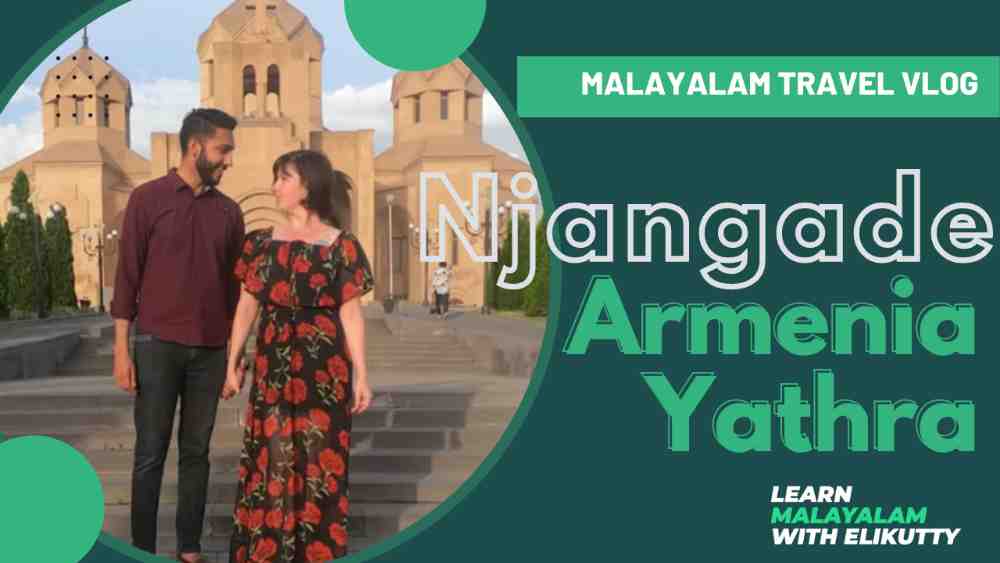
Growing older, Elizabeth made a profound commitment to herself. She resolved that if she ever found herself in a relationship with someone from a different cultural background, she would make the effort to learn their language. Her conviction was fueled by her fascination with diverse languages and a desire to bridge cultural divides.
The Linguistic Odyssey Begins
Elizabeth embarked on her linguistic journey as an English teacher in South Korea at the age of 21. Her teaching career took her to countries such as the United Arab Emirates and Vietnam, where she taught English as a second language (ESL). It was during her time in the UAE that she first encountered Malayalam, thanks to the substantial Malayali community there.
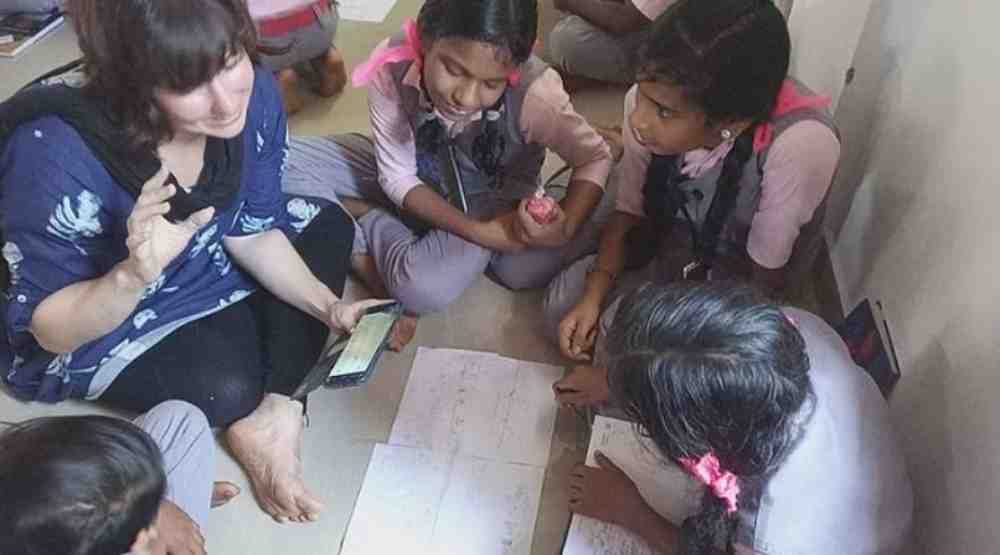
Love and Language
In 2017, Elizabeth met Arjun, a Malayali, in Dubai, and their relationship blossomed into a deep connection. This marked the beginning of her mission to learn Malayalam, Arjun’s mother tongue. However, Elizabeth discovered a lack of accessible resources for Malayalam language learning. Existing materials were outdated or tailored for children, leaving casual learners like her frustrated.
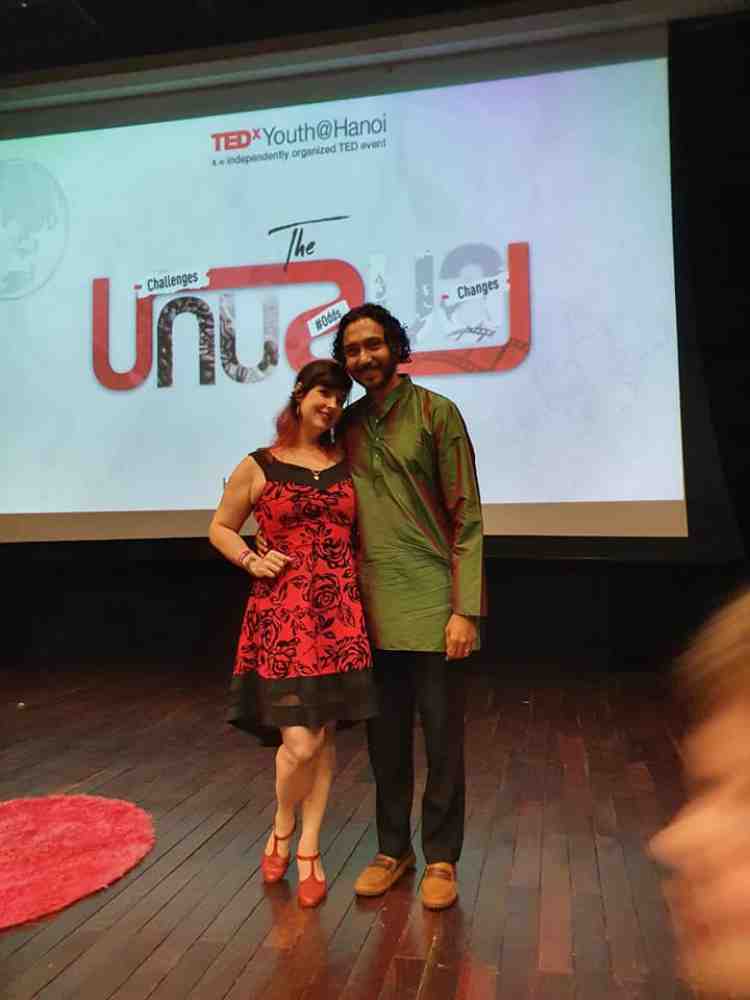
Learning through Perseverance
Elizabeth’s determination led her to an online tutor from Kozhikode via the platform Italki. She began taking lessons, but an unexpected obstacle arose when the UAE banned Skype in 2017, disrupting her classes. She persevered, conducting online research to find grammar resources and textbooks that suited her needs.
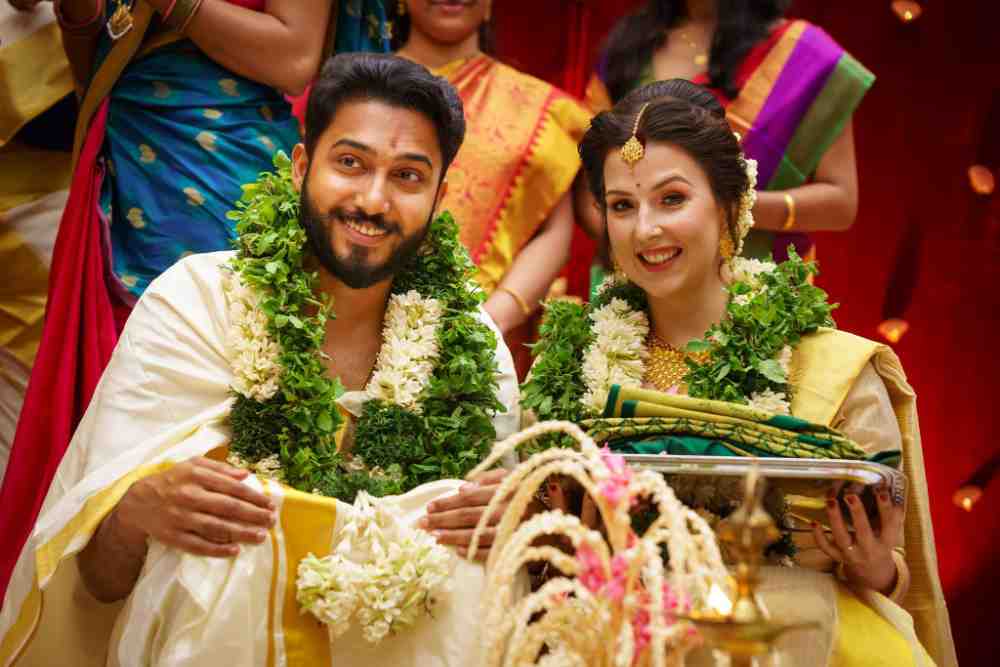
From Doodles to Language Mastery
Employing her teaching skills, Elizabeth resorted to a creative approach to learn Malayalam. She composed notes and crafted doodles to grasp the intricacies of the language’s alphabet. Her inclination to explain things to others prompted her to create an Instagram page in 2018, known as ‘eli.kutty,’ where she shared her notes and illustrations.


Sharing the Gift of Language
Elizabeth’s Instagram page quickly gained traction, and her following grew from 1,000 to over 70,000 by 2023. Her commitment to making Malayalam learning fun and accessible also led to the establishment of a YouTube channel and a Discord server. Elizabeth’s objective is to cater to the global Malayali diaspora, especially the younger generation who may have lost touch with their mother tongue.
The Importance of Native Languages
As English medium education gains popularity in India, there is a concerning decline in the knowledge of native languages. Many children now prefer speaking English at home instead of their mother tongue, such as Malayalam. The National Education Policy (NEP) 2020 emphasises the importance of teaching in the mother tongue whenever possible, underscoring the significance of preserving native languages.

A Beacon of Hope for Language Preservation
Elizabeth promotes online schools like “Muthassi,” run by Malayalam teachers Deepa Manoharan and Darshana, as valuable resources for learning Malayalam. These schools help bridge the gap for those who have strayed from their mother tongue.
Empowering the Next Generation
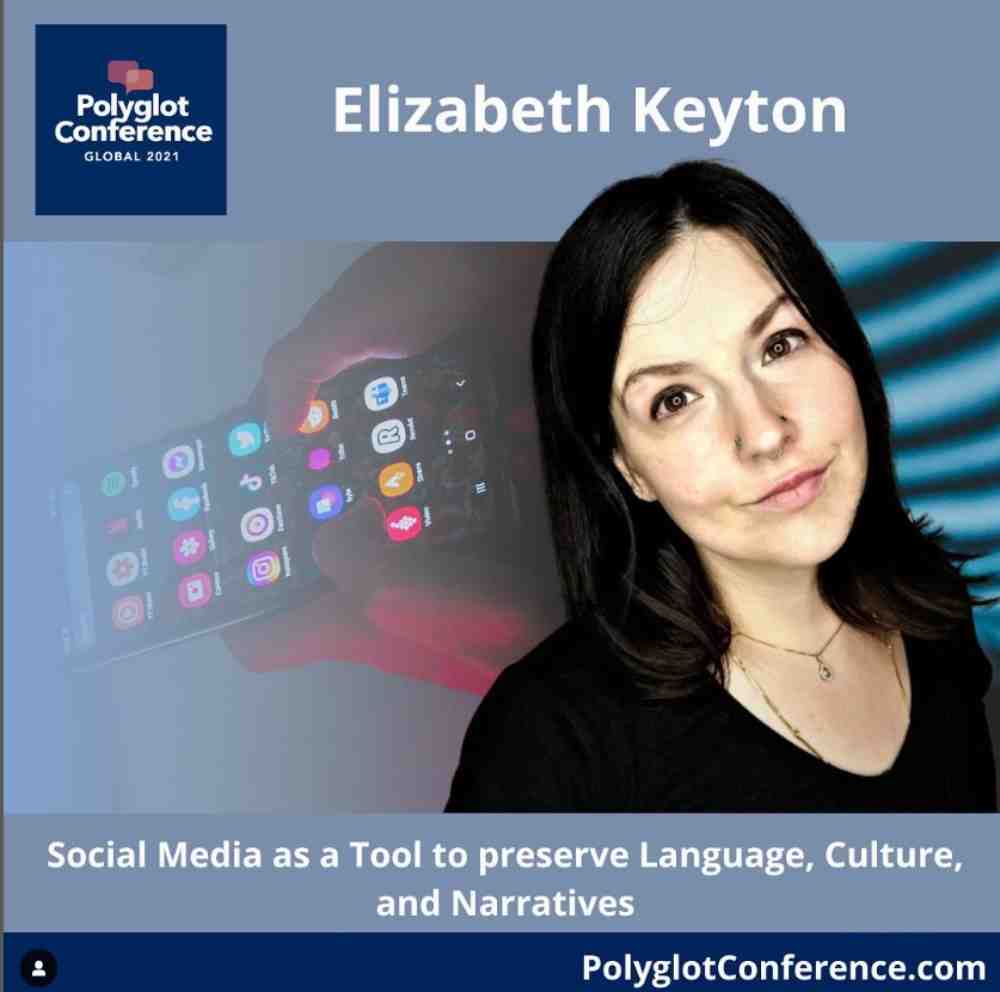
Elizabeth is set to release a children’s book titled ‘Davina Finds Her Vowels,’ targeting the diaspora Malayali community. She is determined to instill in her son, Arivazhakan, the knowledge of both his parents’ cultures, carrying forward her vision of preserving languages and nurturing cultural connections.
Love Transcends Language
Elizabeth Keyton’s journey exemplifies the power of language in strengthening connections between cultures. By embracing her husband’s Malayali heritage, she not only deepened her relationship but also found a passion for language preservation. Her story serves as a testament to the importance of recognizing and cherishing one’s native language, even in a globalised world.
